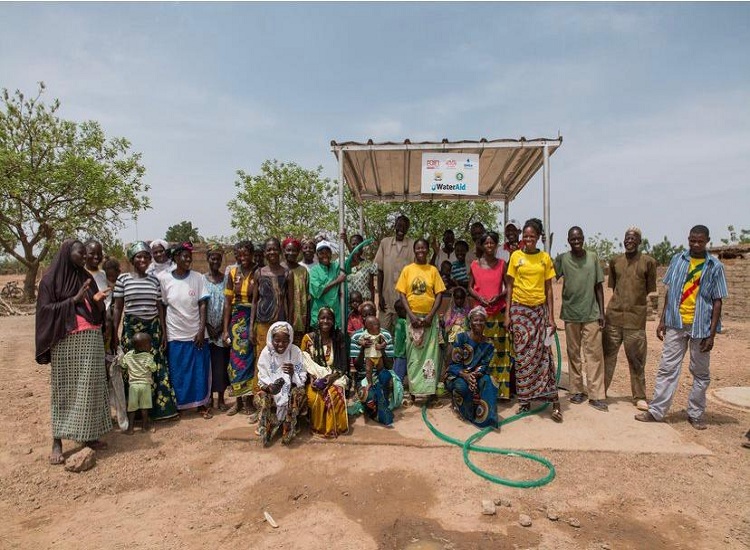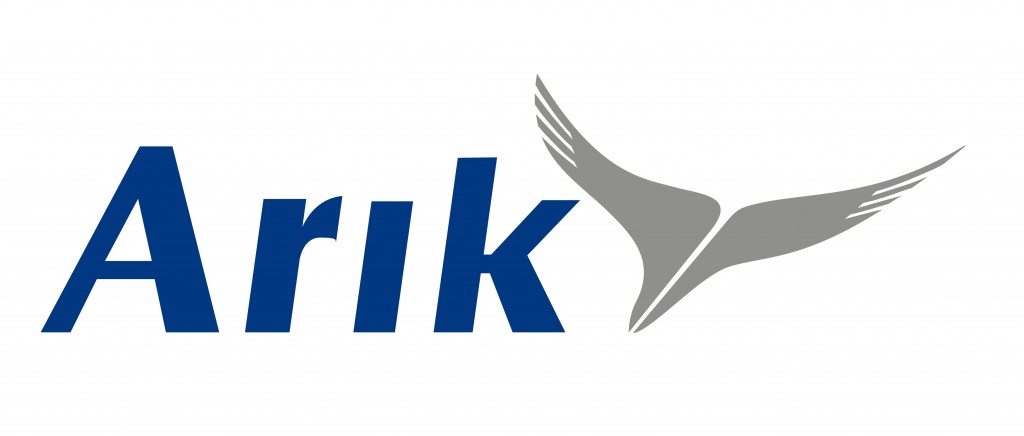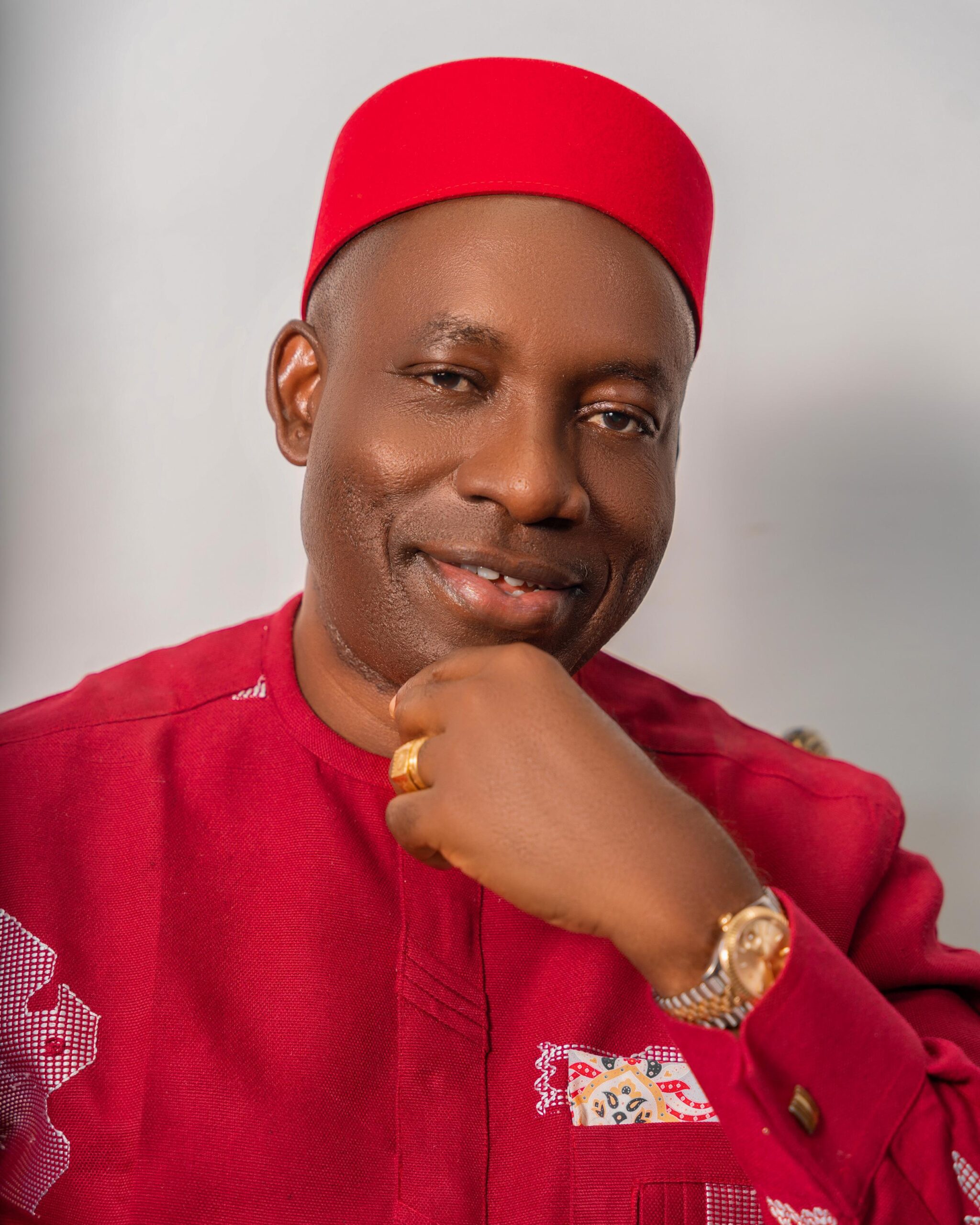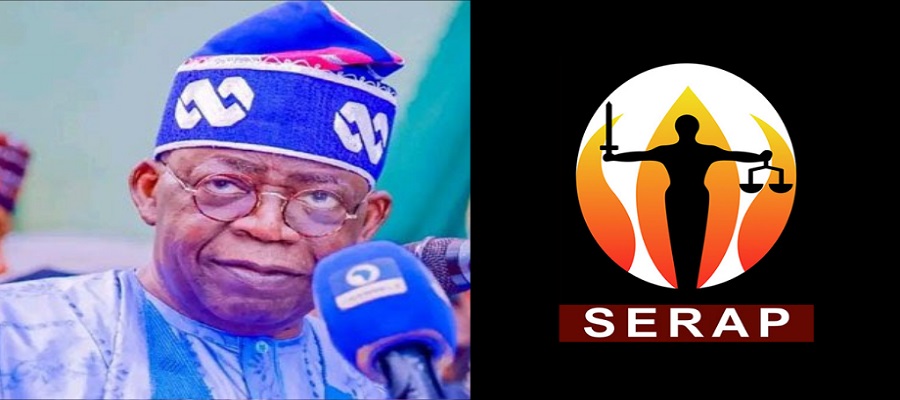News
How Coca-Cola Empowered 6 Million Lives through Improved Clean Water Access across Continent

As part of its week-long celebration of World Water Day (March 22), The Coca-Cola Foundation (TCCF) announced the achievement of the Replenish Africa Initiative’s (RAIN) current goal to improve access to clean water for 6 million people.

RAIN, launched in 2009, is TCCF’s flagship clean water program in Africa contributing to helping countries across the continent achieve the United Nations’ Sustainable Development Goals on clean water and sanitation (SDG 6).
Today’s 6 million person achievement is the result of a collective effort from over 300 international and local public, private and civil society partners.
As part of the celebrations for World Water Day 2021, RAIN partners gathered virtually today for a panel discussion to mark the achievement of the program and share best practices for replication from the program.
Speaking on the achievement, Bea Perez, Chair and President, The Coca-Cola Foundation, said, “RAIN is a testament to the power of collective action.
“Working with our partners, RAIN’s transformative impact can be felt today in 4,000 African communities.
“This program drives impact for the Sustainable Development Goals and our focus on People, Communities, and the Environment.”
Over the course of the past decade, RAIN has improved access to clean water for communities, schools, and clinics across 41 African countries as well as enhanced access to hygiene and promoted better hygiene behaviors.

The program has also enabled the economic empowerment of people by creating opportunities for employment, entrepreneurship, and skills generation.
In addition, RAIN has helped to protect critical watersheds, supported several African utilities in coping with the rapidly growing water demand in cities, and delivered essential hygiene items and personal protective equipment to help slow the spread of COVID-19.
RAIN has developed a number of important learnings and recommendations, including:
-Emphasize partnerships with urban and peri-urban utilities to help increase their capacity to better serve Africa’s expanding urban environments;
-Accelerate integrated water resources management efforts to decrease stress on food production, water supply and sanitation services;
-Enhance source protection for priority watersheds that serve the drinking water needs of millions of Africans;
-Address the gender gap and focusing on the needs of women who play a critical role in community resilience and are uniquely empowered by WASH access;
-Improve the collection, accessibility, sharing and use of data to monitor WASH services, improve performance, planning and decision making;
-Support civil society and communities to help build resilience to water-related climate change impacts.
Bruno Pietracci, President for The Coca-Cola Company’s Africa operating unit, said, “Africa is experiencing the highest rate of urban growth globally and is home to 21 of the world’s 30 fastest-growing cities.
“Africa is also more vulnerable to climate change than any other region. The Coca-Cola Foundation is committed to working with communities and governments to enhance climate change adaptation and help address the challenges that urbanization creates for the delivery of clean water and sanitation throughout the continent.”
The Coca-Cola Foundation is the global philanthropic arm of The Coca-Cola Company.
Since its inception in 1984, the Foundation has given back more than $1 billion to enable the empowerment of women, enhance communities, protect the environment and educate scholars around the world.
News
EFCC Witness Admits Writing Off Arik Air’s $2.3M Debt Amid N76Bn Fraud Trial


News
Anambra Shines in 2025 E-Governance Rankings, Setting National Standards

Anambra State has once again demonstrated its leadership in digital transformation, emerging as one of Nigeria’s top three states in the 2025 e-Governance Report published by the Panorama CIAPS Governance Performance Index (CGPI).

According to the report — a collaborative effort between Nigerian Panorama and the Commonwealth Institute of Advanced Professional Studies (CIAPS) — Anambra ranks alongside Lagos and Enugu as the leading states in adopting and implementing e-governance practices that foster accountability, transparency, and improved service delivery.
In his remarks, Professor Anthony Kila, Director of CIAPS, emphasized the importance of e-governance in shaping how governments interact with citizens. “The centrality of e-governance allows us to assess the performance of state governments in the country. How the government treats the digital world says a lot about them,” he said.
The report evaluated states based on a comprehensive set of criteria, including website security, up-to-date content, public engagement, availability of online services, policy updates, and user accessibility. Anambra’s performance reflects the state’s deliberate investment in digital infrastructure and its commitment to leveraging technology as a tool for inclusive governance.
Reacting to the recognition, the Managing Director/CEO of the Anambra State ICT Agency, Chukwuemeka Fred Agbata, CFA, described the report as a welcome validation of the efforts being made under the leadership of Prof. Charles Chukwuma Soludo, CFR, to reposition Anambra as a liveable and prosperous smart mega-city.
“This is not just about being tech-savvy,” Agbata said. “It’s about using digital tools to create real impact — making the government more accessible, responsive, and transparent. Anambra is building a digital future that works for everyone.”
The CGPI Report recommended that all states intensify efforts to train public servants, maintain digital platforms effectively, and build user-friendly systems that keep citizens informed and empowered. For Anambra, this recognition serves both as a milestone and a motivation to scale new heights.
As the journey continues, Anambra remains focused on setting the pace for e-governance in Nigeria in line with the Governor’s mantra of Everything Technology & Technology Everywhere.
News
SERAP Urges National Assembly to Reject Tinubu’s $24Bn Loan Request Over Debt Concerns

Socio-Economic Rights and Accountability Project (SERAP) has urged the National Assembly to reject the Tinubu administration’s request to borrow $24 billion, warning that the move would significantly deepen Nigeria’s debt crisis.

In a statement posted on its official X account, the advocacy group warned that the proposed borrowing would raise Nigeria’s total debt stock to an estimated ₦183 trillion—an amount it described as “clearly not sustainable and not in the public interest.”
“The National Assembly must immediately refuse to approve the Tinubu administration’s request to borrow $24 billion,” the group said. “The growing national debt is not sustainable and not in the public interest.”
SERAP expressed concern over the heavy burden of debt servicing, which it said is already consuming a substantial portion of government revenue, leaving little room for critical public investment.
Nigeria’s total public debt is projected to surpass ₦180 trillion following the president’s latest loan request. The borrowing plan includes a proposal for over $21.5 billion in external loans, which equates to ₦33.39 trillion at the official exchange rate of ₦1,590 per dollar. The administration is also seeking approval for a domestic bond issuance worth ₦757.9 billion to settle outstanding pension liabilities.
President Tinubu said the 2025–2026 borrowing plan targets key sectors such as infrastructure, healthcare, education, water supply, security, and employment generation. He noted that the plan is also intended to cushion the economic impact of fuel subsidy removal.
The total loan request comprises $21.5 billion, €2.19 billion, and 15 billion Japanese Yen, alongside a €65 million grant. Tinubu assured lawmakers that the funds would be directed toward development projects across all 36 states and the Federal Capital Territory, with emphasis on rail networks, healthcare infrastructure, and poverty alleviation programs.
On pension-related borrowing, the president explained that the proposed bond issuance is aimed at clearing backlogs under the Contributory Pension Scheme. The measure, he added, has already received approval from the Federal Executive Council and is expected to improve retirees’ welfare, restore trust in the pension system, and inject liquidity into the economy.
Nigeria’s public debt has surged in recent years, rising by 48.6% in 2024 to ₦144.66 trillion—up from ₦97.34 trillion in 2023. The Federal Government accounts for 95% of that total.

 E-Financial2 days ago
E-Financial2 days agoEFCC Recovers over N20Bn Stolen by Hackers from 6 Banks in Nigeria

 Telecom2 days ago
Telecom2 days agoEngr. Ikechukwu Nnamani Receives Two Prestigious @ABoICT Awards

 Telecom2 days ago
Telecom2 days agoFG to Deploy 80 Percent of 7000 Telecom Towers to North

 E-Financial2 days ago
E-Financial2 days agoPonzi Scheme Operators Risk N10m Penalty, Others- IST Chair

 E-Financial2 days ago
E-Financial2 days agoUBA Launches *919# Advance Top-Up Feature for Instant Access to Customers

 News2 days ago
News2 days agoEFCC Recovers Funds, Arrests Suspects in N1.3 Trillion CBEX Crypto Fraud

 E-Financial2 days ago
E-Financial2 days agoCourt to Deliver Judgment in NIBSS’ Suit against CBN, Others over BVN Database Management

 E-Business1 day ago
E-Business1 day agoNigeria Among Hotspots as Kaspersky Warns of Rising Ransomware Threat in Africa






















